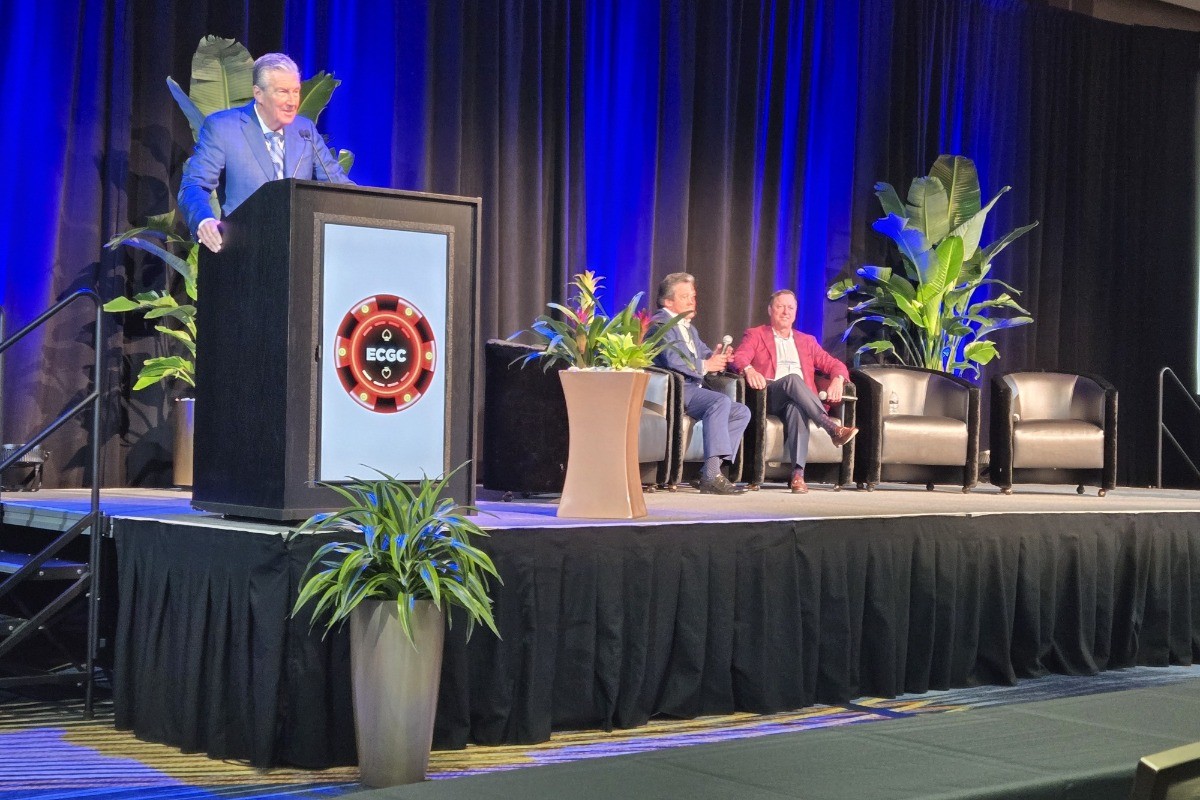Bill Hornbuckle Advocates for Strategic Regulation in the Sports Betting Arena to Avert Federal Oversight
As Bill Hornbuckle made his way to Atlantic City for a key gaming conference, discussions around the legal sports betting landscape were taking a pivotal turn. The industry, which has seen remarkable growth since the repeal of PASPA, is now at a critical juncture that could invite federal scrutiny if not navigated carefully.
Recently, Kalshi, a prediction market platform, reported an impressive handle of $86 million during The Masters, tripling its Super Bowl trading volume. However, this surge drew unwanted attention, leading to a cascade of cease-and-desist orders from multiple states. As the U.S. Commodity Futures Trading Commission (CFTC) prepares for an important roundtable on the regulation of sports event contracts, the tension between state and federal oversight intensifies.
Some industry insiders view prediction markets, which bypass state gaming taxes by operating on untaxed trading revenues, as a direct challenge to the regulated sports betting ecosystem. Hornbuckle, CEO of MGM Resorts, voiced serious concerns during a keynote at the East Coast Gaming Congress, cautioning, "If we mishandle this situation, it could lay the groundwork for federal intervention in our industry."
Federalism and State Rights: A Crucial Debate
Since the U.S. Supreme Court invalidated PASPA nearly seven years ago, allowing states to regulate sports betting independently, the federal-state balance has been precariously maintained. Justice Samuel Alito emphasized the significance of states’ rights in his majority ruling, which underscored the importance of state sovereignty by asserting that federal coercion in state legislative processes would be unacceptable.
This interpretation remains contentious. With Kalshi’s rise, which some argue challenges established state laws post-PASPA, the question of whether federal oversight could disrupt the delicate federalism surrounding gambling gains urgency. Hornbuckle firmly believes that sports betting regulation is fundamentally a matter for the states. "It must remain a states’ rights issue—this is essential for maintaining local control," he stated at the conference.
A recent preliminary injunction granted to Kalshi by a district court against the Nevada Gaming Control Board highlights this ongoing struggle. The court’s decision allows Kalshi to continue operating in Nevada despite state claims that it constitutes illegal sports wagering. In their lawsuits against New Jersey and Nevada, Kalshi contends that prediction markets are mischaracterized, being federally regulated avenues that states cannot unilaterally interfere with.
The Stance of the American Gaming Association
On the same panel, American Gaming Association (AGA) president Bill Miller endorsed Hornbuckle’s warnings about the risks of federal overreach. Miller expressed apprehensions that prediction markets, which gained traction during the 2024 U.S. presidential race, substitute betting operations with predictive transactions, potentially violating provisions of existing gaming laws like the Indian Gaming Regulatory Act and the federal Wire Act.
"For those of us responsible for promoting integrity in gaming, these developments pose significant risks," Miller remarked, adding that the expansion of prediction markets could undermine decades of state-level regulation. He highlighted concerns that such markets might conflict with state constitutional regulations, raising further questions about their legitimacy.
Moreover, Miller pointed out the challenges posed to tribal gaming agreements by potential CFTC regulations on prediction markets. The current landscape reflects the ongoing need for regulatory clarity and the importance of maintaining rigorous licensing frameworks to ensure responsible gambling practices.
Looking Ahead: CFTC Roundtable Discussions
As the industry braces for the CFTC’s upcoming roundtable scheduled for April 30, which has yet to announce its participants, the dialogue surrounding the future of sports event contracts is more critical than ever. Industry leaders recognize that establishing a collaborative regulatory environment is essential to protect both the integrity of legal sports betting and the interests of consumers.
In conclusion, the evolving dynamics within the sports betting industry necessitate prudent and strategic navigation to maintain the critical balance between state rights and federal oversight. As Hornbuckle wisely cautioned, the stakes are too high to leave this aspect of gambling regulation to chance.
